How did you structure your builder's contract?
athensmomof3
14 years ago
Related Stories
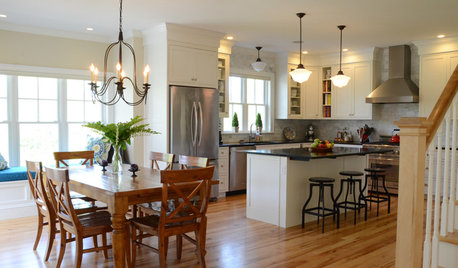
BUDGETING YOUR PROJECTHouzz Call: What Did Your Kitchen Renovation Teach You About Budgeting?
Cost is often the biggest shocker in a home renovation project. Share your wisdom to help your fellow Houzzers
Full Story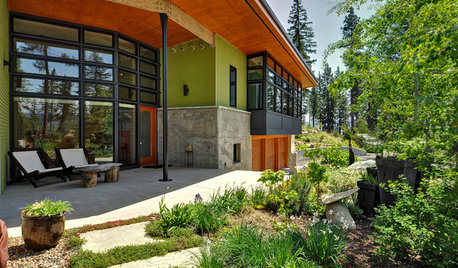
BUDGETING YOUR PROJECTConstruction Contracts: What Are General Conditions?
Here’s what you should know about these behind-the-scenes costs and why your contractor bills for them
Full Story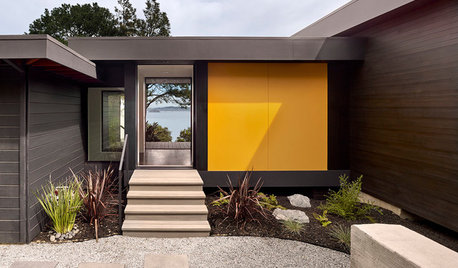
BUDGETING YOUR PROJECTConstruction Contracts: What to Know About Estimates vs. Bids
Understanding how contractors bill for services can help you keep costs down and your project on track
Full Story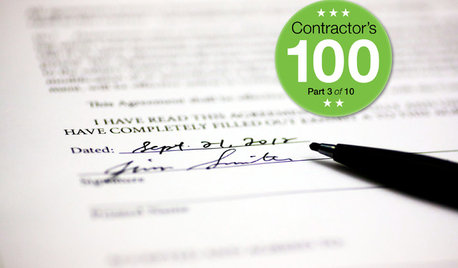
CONTRACTOR TIPSWhat to Look for in a Contractor's Contract
10 basic ingredients for a contract will help pave the way to remodel happiness
Full Story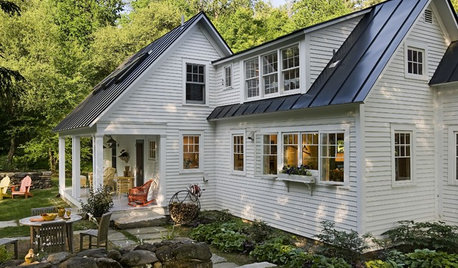
DESIGN PRACTICEContracting Practice: Marketing Your Business
To keep those projects rolling in, combine old-school techniques with the latest in high-tech networking
Full Story
FUN HOUZZDouble Take: Did MoMA Drop a Mini House in the Yard?
Or maybe it's garden art or even a modernist-loving giant's step stool. Use your imagination, then get the true tale here
Full Story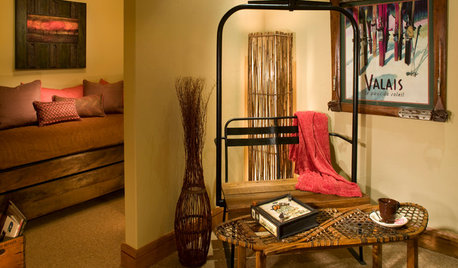
FUN HOUZZDouble Take: Did That Chair Come From a Ski Lift?
Clever homeowners find ways to repurpose chairlift seats indoors and out
Full Story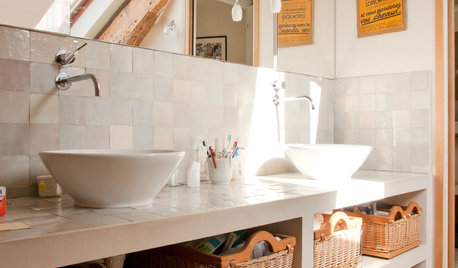
WORKING WITH PROSConstruction Contracts: How to Understand What You Are Buying
Learn how plans, scope of work and specifications define the work to be completed
Full Story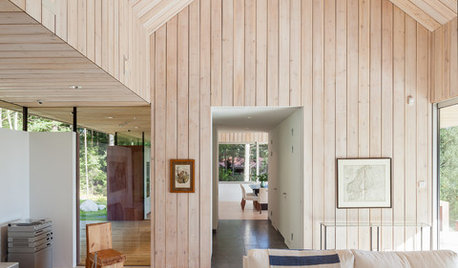
REMODELING GUIDES10 Tips for Choosing and Working With a Builder
Make your construction experience a happy one by following these steps
Full Story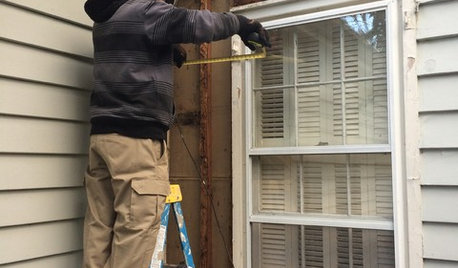
WORKING WITH PROSBeyond the Warranty: Builders Respond to Those ‘Oh, No’ Calls
See how three building pros deal with real problems that come up after the warranty period ends
Full Story









pps7
macv
Related Professionals
Carney Architects & Building Designers · Portsmouth Architects & Building Designers · South Elgin Architects & Building Designers · Nanticoke Architects & Building Designers · Accokeek Home Builders · The Crossings General Contractors · Aurora General Contractors · ‘Ewa Beach General Contractors · Glenn Dale General Contractors · Leominster General Contractors · Mililani Town General Contractors · Palatine General Contractors · Parma General Contractors · Wheaton General Contractors · Wolf Trap General Contractorssrercrcr
davemartin88
macv
athensmomof3Original Author
macv
athensmomof3Original Author
macv
thingsthatinspire
macv
athensmomof3Original Author